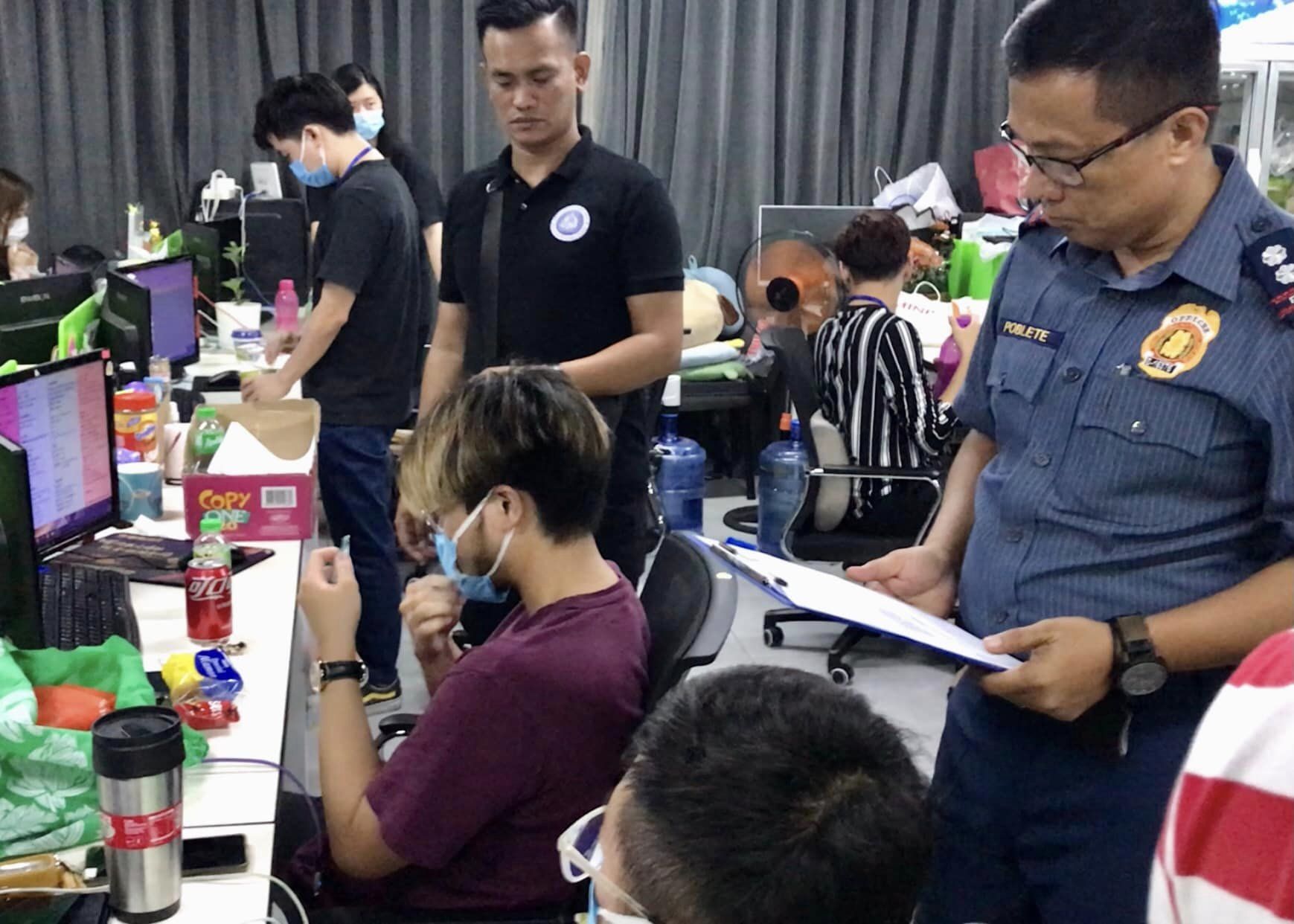Bamban Mayor’s Lies Unmask a National Crisis
In recent headlines, the mystery surrounding Alice Guo, the mayor of Bamban, Tarlac, has captivated the nation’s attention. Her narrative, riddled with inconsistencies, has prompted inquiries and raised concerns about the extent of her involvement in illicit activities. From denying her siblings to weaving tales of travel companions, Guo’s conduct before the Senate has been described as nothing short of “serial lying” by columnist Antonio Montalvan II.
However, beyond the spectacle lies a broader issue that demands our attention: the scourge of human trafficking and slavery in the Philippines. While Guo’s case may be sensational, it is merely a symptom of a more significant problem rooted in transnational organized crime.
The rise of Philippine Offshore Gaming Operators (POGOs) has provided fertile ground for criminal syndicates to thrive. These entities, operating under the guise of legitimate businesses, have been implicated in a myriad of crimes, including human trafficking, sexual exploitation, and various scams targeting vulnerable Filipinos. The exploitation of workers, the confiscation of passports, and the coercion into sex slavery are but a few examples of the atrocities perpetrated under the guise of economic opportunity.
The Baofu compound, owned by Guo herself, has emerged as a focal point of investigations, with reports of foreign nationals being illegally detained and exploited within its walls. Guo’s alleged involvement in these activities and her position of power underscores the systemic failures that enable such crimes to persist.
It is imperative to recognize that Guo is not an isolated case but somewhat emblematic of a more significant problem transcending borders. As Winston John Casio of the Presidential Anti-Organized Crime Commission notes, the issue of human trafficking is global, with solutions requiring regional cooperation and coordination.
Moreover, the collaboration of local law enforcement further underscores the depth of the problem, highlighting the need for systemic reforms to address corruption and collusion within government agencies.
President Duterte’s tacit endorsement of POGOs has only exacerbated the situation, laying the groundwork for criminal elements to flourish under the guise of economic development. Senators Sherwin Gatchalian and Risa Hontiveros’ calls for a ban on POGOs signal a growing recognition of the need to confront the root causes of these crimes.
At its core, human trafficking and slavery represent a betrayal of our shared humanity. They are crimes that exploit the vulnerabilities of individuals and perpetuate cycles of poverty and despair. As we navigate the complexities of modern governance, let us not lose sight of our moral imperative to eradicate these injustices and hold accountable those who profit from human suffering.
In the pursuit of justice, we must heed the lessons of the past and remain steadfast in our commitment to upholding the dignity and rights of all individuals. Slavery and human trafficking have no place in the 21st century, and it is incumbent upon us all to ensure that they are relegated to the annals of history where they rightfully are.






